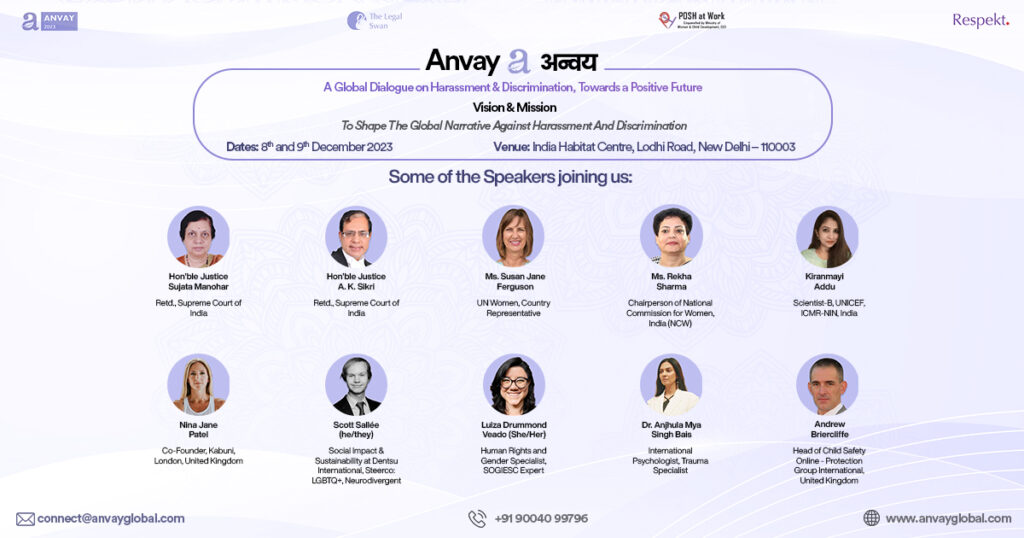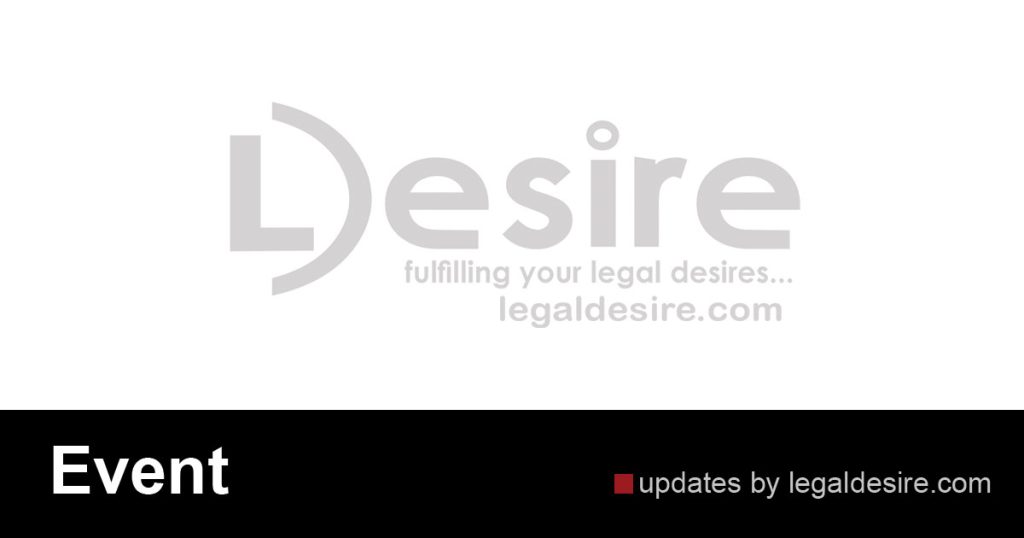Now Reading: “Beyond Disadvantage: Disability, Law, and Bioethics” Conference at Harvard Law School, Cambridge, USA
-
01
“Beyond Disadvantage: Disability, Law, and Bioethics” Conference at Harvard Law School, Cambridge, USA
“Beyond Disadvantage: Disability, Law, and Bioethics” Conference at Harvard Law School, Cambridge, USA
The Petrie-Flom Center for Health Law Policy, Biotechnology, and Bioethics at Harvard Law School is pleased to announce plans for our 2018 annual conference, entitled: “Beyond Disadvantage: Disability, Law, and Bioethics.” This year’s conference is organized in collaboration with the Harvard Law School Project on Disability.
Conference Description :
Historically and across societies people with disabilities have been stigmatized and excluded from social opportunities on a variety of culturally specific grounds.
The aim of the conference is to construct a twenty-first century conception of disablement that resolves the tension about whether being disabled is merely neutral or must be bad, examines and articulates the clinical, philosophical, and practical implications of that determination, and attempts to integrate these conclusions into medical and legal practices.
Call for Abstracts
Deadline for submission: October 15, 2017
We seek proposals that offer innovative conceptualizations and advance inventive approaches. Proposals should focus on the fresh contributions the presentation will make, including sketches of the supporting arguments.
The abstract should include (but not be limited to) a paragraph summarizing the issue that will be addressed and any currently contending views about its resolution. Successful abstracts will explicitly address how the proposed presentation will address the challenges of integrating legal and medical understandings of disablement.
We welcome submissions on both broad conceptual questions and more specific policy issues related to the “mere difference” vs. “bad difference” debate. Potential topics include:
- Can disability be considered definitively bad, without defining living with a disability as inescapably disadvantageous?
- Can we ameliorate mismatches between the capabilities of people living with disabilities and the socially constructed environment without seeming to privilege them?
- Do the kinds of human diversity that disablement represents threaten the species or harm society? Can they improve the human species or benefit society?
- (How) are bioethicists obligated to represent or at least respect the standpoints of people with disabilities?
- Does the U.S. Supreme Court characterize and categorize disability correctly in the seminal equal protection case, Cleburne v. Cleburne Living Center? How can we reconcile making special or individualized arrangements to avoid excluding individuals based on disability with equal opportunity and equal protection?
- Do different agencies’ and programs’ diverse definitions of disability—for example, that for some programs medical diagnoses suffice for disability status while others demand demonstrations of severe dysfunction—undercut efforts to address disability discrimination?
- What is the standard for people with disabilities having meaningful access to health care? What is the minimum standard for people with disabilities’ access to health care below which denial of care equates to disability discrimination?
- How may protections against disability discrimination—especially claims to civil rights or human rights—most effectively be made operative in the medical clinic?
- Can the processes for accommodating disabilities be secured against fraud?
- How should the impact of differences due to disability affect the way the competence of people with disabilities for accepting or rejecting treatment is assessed? How might new technologies affect courts’ determinations in this regard?
- What progress has been made in increasing the proportion of medical professionals with disabilities and what steps are needed to speed this effort?
- (How) should people with disabilities’ inability to achieve normal functioning affect their priority for scarce or expensive health care?
- Given the current state of data about their risks of morbidity, should lifesaving interventions for extremely preterm infants be harder to obtain than for other babies?
- Can Disability Pride be as effective for “destigmatizing” as earlier expressions of pride made by social movements such as those advanced by the LGBTQi, Women’s, or other groups?
Please note that this list is not meant to be exhaustive; we hope to receive abstracts related to the conference’s central question even if the particular topic was not specifically listed here.
Proposals should demonstrate a clear linkage to all three aspects of the conference—disability, bioethics, and law.
Contact:
Please contact the Petrie-Flom Center, with any questions:
Email: petrie-flom@law.harvard.edu
Phone: +1-617-496-4662.
Website: Click here







